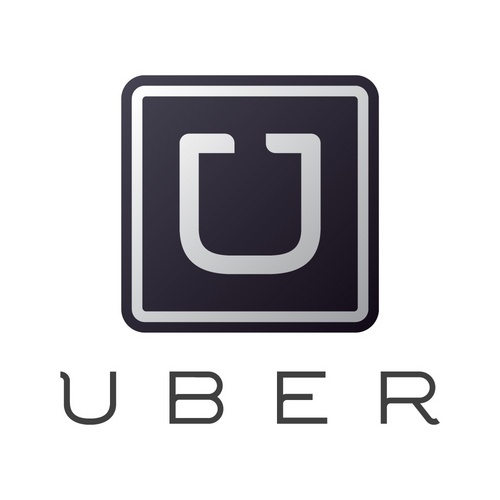
Uber is fighting a battle against government regulation in some cities that feel the mobile on-demand transportation provider is a threat to traditional services. Another fight the startup is now facing is from rivals that have popped up in the its markets. The company is not taking this threat lightly and has just announced that it is dropping its already low-cost UberX service by 25 percent for San Francisco users. The new pricing may take effect by next week and will be used to spear head a move to compete against startups like Lyft and SideCar which use a peer-to-peer model to provide rides.
Since Uber utilizes drivers that are licensed, the regular pricing is higher than competitors that go for non-commercially licensed cars. Competitors like Lyft, SideCar, and InstantCab are able to do this by offering a ride sharing program which makes them cheaper to use and lets them skirt the need to use commercially licensed drivers.
Lyft has been providing some major competition in San Francisco and currently offers 30,000 rides per week after launching the service only a year ago. The startup has gotten a $60 million investment from a funding round led by Andreessen Horowitz which helped the service expand in the US and abroad.
TechCrunch explains that, “With lower-priced competition mounting, Uber has also gotten into the so-called ride-sharing business, first in California, but with plans to extend the lower-cost service into new markets. While the low-cost UberX service was first launched with commercially licensed drivers in hybrid vehicles, earlier this year Uber announced that it would also offer peer-to-peer, or ride sharing services on that platform as well.” They go on to tadd that, “While expanding into new markets, Uber has also been aggressively trying to recruit drivers from its competition. It’s gone so far as to hire a mobile billboard to drive around San Francisco, urging Lyft drivers to “Shave the ‘Stache” — that is, to shed the pink mustaches that adorn Lyft cars — and join its platform instead.”
Uber used to try and entice drivers using other services by giving them better deals but it is now focusing on customers. The startup has lowered pricing to take on competition head on. It may not have too much to worry about because Lyft and SideCar are only just entering markets where Uber has a massive leads. The company services many cities including, “San Francisco, New York City, Los Angeles, Seattle, Chicago, Boston, Washington, D.C., Toronto, Paris, Berlin, Philadelphia, Dallas, San Diego, Amsterdam, Atlanta, Denver, London, Melbourne, Minneapolis–Saint Paul, Phoenix, Stockholm, Sydney, Baltimore, Detroit, Milan, Sacramento, and Singapore.”
Source: TechCrunch